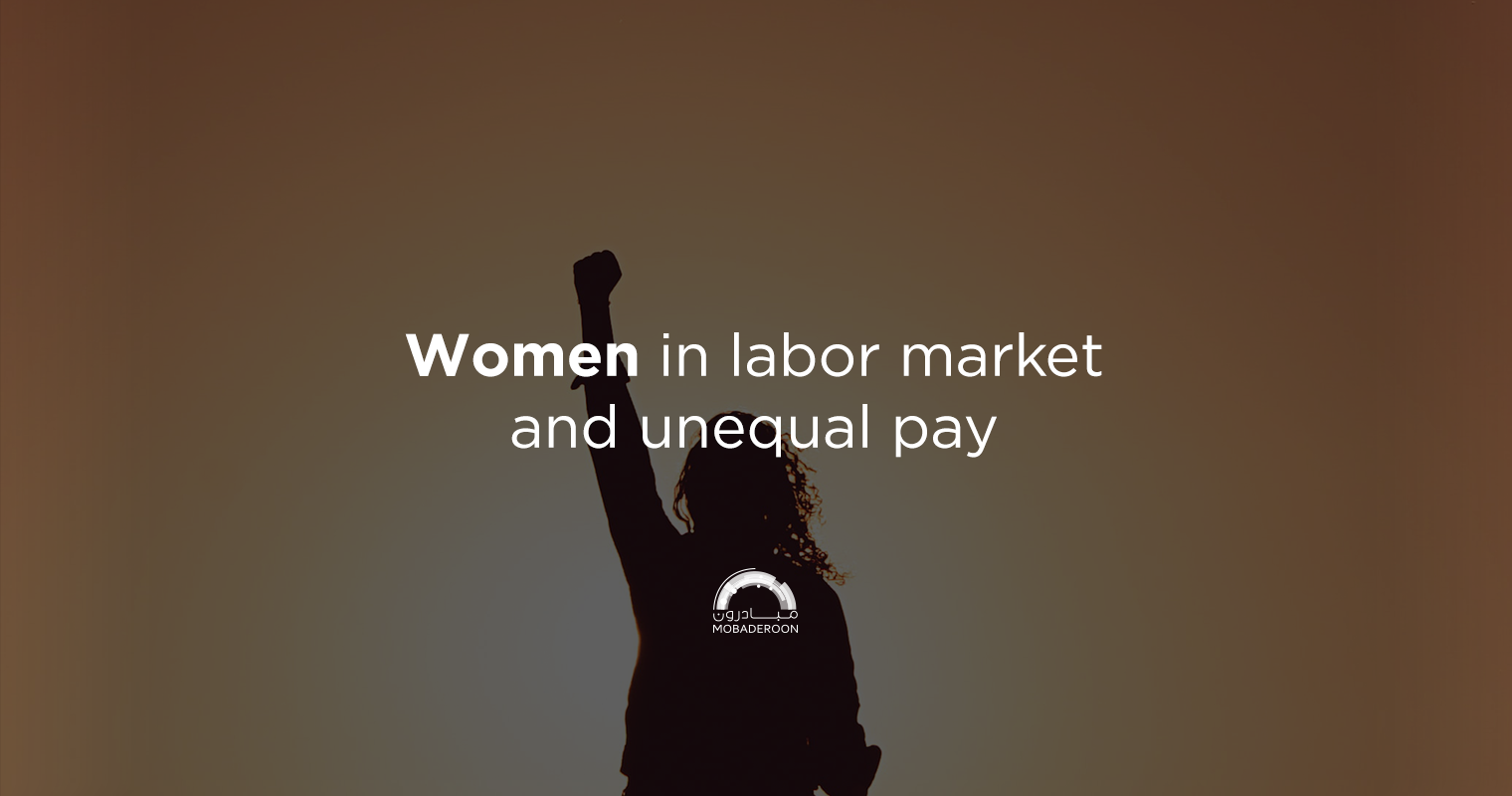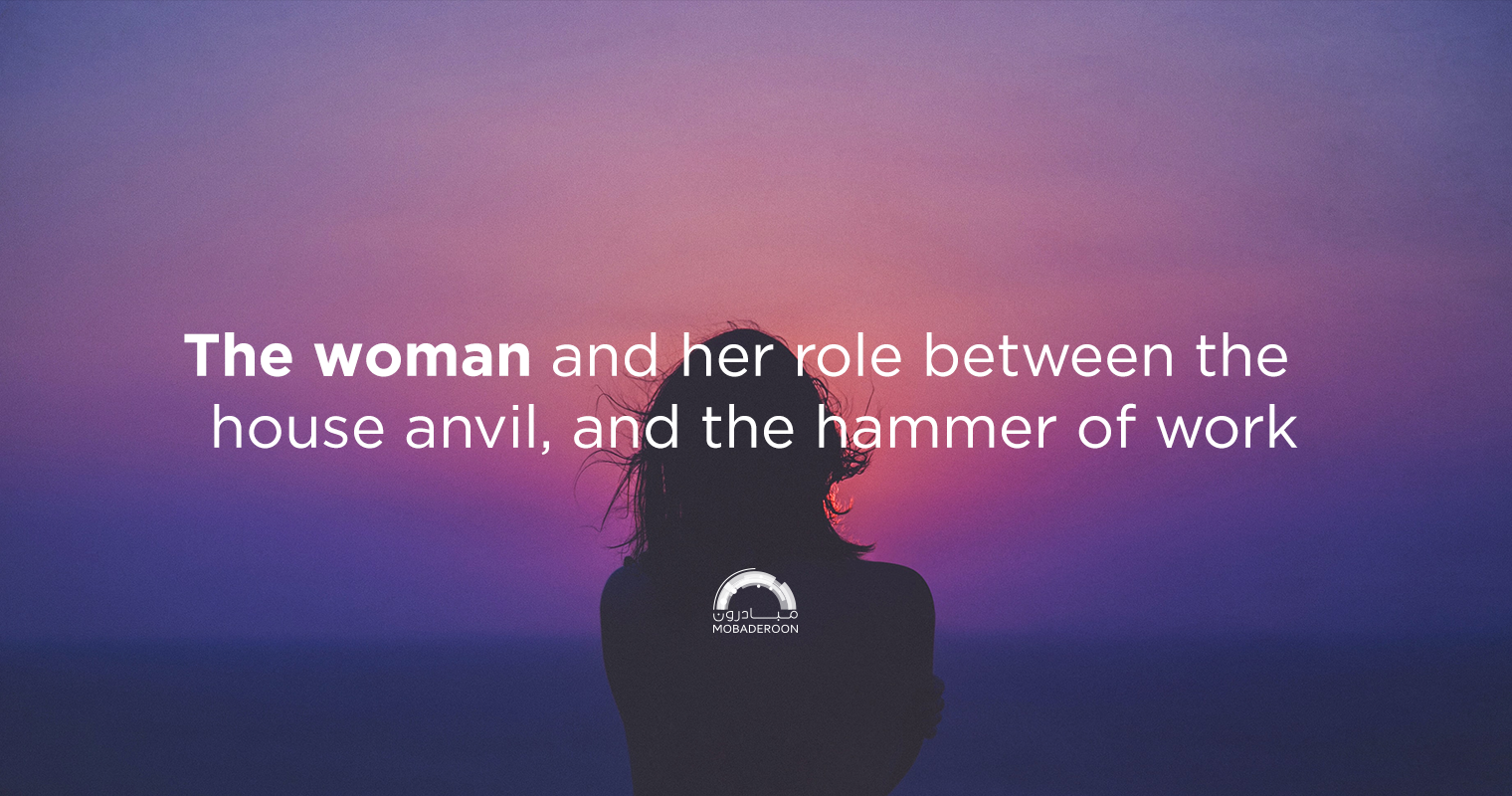Many questions come to mind when we hear the words “Men & Women”:
- Are both equally demanded to do home chores or parenting?
- Do both get equal pay?
Culture and tradition impose roles on women who are expected to behave in line with these roles. What is a role, then?
According to advanced socio-cultural theories, a role is a group of demands imposed by society upon individuals with certain social positions (statuses).
As put into words by Robert Greene in his book “The Laws of Human Nature”, upon growing up, a person must display a constant identity to the world, and play determined roles on par with fixed expectations.
Women’s Role in Home Chores
In traditional customs, girls and women are assigned the essential role of doing all household chores including cleaning, cooking and childcare, which is considered as one of the main challenges that women face compared to men, a burden that women bear in general and without pay, or they will have to to pay for the person who will perform this service.
This is what Alija Izzetbegovic expressed in his book “Notes from Prison”, that housewives are work 10 or 12 hours a day, thus described in statistics as unemployed persons. We all know very well how many work burdens women bear while they are latently called “workers”, and at the same time we pretend not to acknowledge it for what it really is; this disregard for women’s work is one aspect of the pressure.
If we know that this burden placed on women has many effects, including an increase in the number of working hours in home care, and thus a decrease in the rate of their participation in the labor force contributing to a better economy, it is difficult for them to take a job in most cases, as the unemployment rate increases automatically among women because woman’s work in family care is not considered work.
“Unpaid childcare work result in women spending almost five times more hours than men on unpaid care work.”
International Labour Organization (ILO) Tweet
In most Arab countries, the work that women do at home is not recognized, not even in the countryside (agricultural work, animal care, and traditional food industries) that women are a part of, which contributes to the income of the family, has a great impact on the family’s living style, and takes a lot of women’s time and effort. However, this is considered one of the duties that women must perform on a regular basis.
Women’s role in the labor market and payment inequality

Among the challenges that women face compared to men are the inherited stereotypes that say that the man is the sole breadwinner for the family, and this role is deeply rooted in the minds of most Arab families, along with the marginalization of women’s role in this aspect.
According to ILO, the participation rate of Arab women in the labor force is 18.4%, which is the lowest in the world compared to the global average of 48%. In contrast, the rates of participation of Arab men in the workforce exceed 77%, and the global average is 75%.
The unemployment rate for women in the Arab countries is 15.6%, 3 times the global average. All this confirms the lack of recognition of women’s domestic work, which cannot be bought or sold.
In Syria, although the Basic Law for Workers in the State No. 50/2004 does not differentiate between genders in wages, we do not see a significant impact of it in reality due to maternity leaves and the fact that many mothers are forced to take monthly or annual leaves to care for their children due to the lack of places suitable for childcare; it is obvious that this task is considered a role for women more than men. Hence, women inevitably have to stop working, and this affects their ability to reach leadership positions or obtain appropriate promotions, and the simplest thing that can be said is that women do not obtain the necessary empowerment and capacity building.
Likewise, Article 53 of the same law detailed maternity leaves, granting them to mothers, but excluded the right of the father to obtain paternity leaves to spend more time with their children and the family.
In the private sector, women are forced to stop working as soon as they have children, and this naturally increases the gender gap.
It gets difficult even more, especially during the war and the absence of men from the scene, which forces women to go out to the informal labor markets, and therefore, they are not registered in the employment data, thus becoming exposed to safety and security risks, and prejudice to their right to wages.
Because of the ongoing conflict, women are forced to knock on the doors of professions that they have not worked in previously, and they proved their ability to adapt to difficult situations, which created a new challenge, and they found themselves breadwinners for their families on top of housework!
Are we interested in a fairer society?
It is true that inequality is widespread both in terms of neglecting the value of women’s work at home, inequality in wages and the challenges they face due to the inherited culture of society, but we cannot deny that there is a clear change in some attitudes, which constitutes a daily challenge to bear this responsibility on our shoulders as people interested in making our society fairer for everyone without exception.





